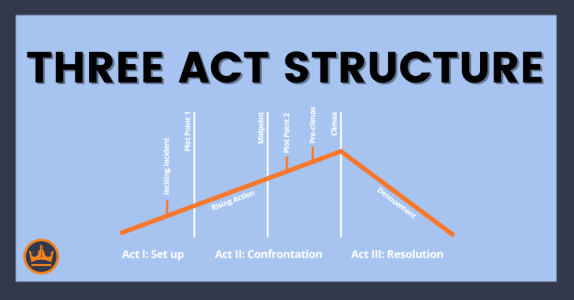In normally usage, exposition usually means info-dumping, but that's not what we mean here.
There, we're talking about opening the story and scene-setting. So, for example:
"Westley, it's time to milk the cows!"
That immediately tells us that we're on a farm, and the characters are farmers.
Or:
The beeps of the heatbeat monitor stopped.
We're in a hospital. Someone has just died.
These are potential openings for a story, and can include the inciting incident.
What some people start with is "And in the Beginning, Bob begat Sam, who begat Joe and they all had a big fight and the world was born." That's the bad kind of exposition.
I understood that. And agree that some authors version of "world building" makes me want to chuck the book or skip 2 chapters.
My question was related to the simple 3 act structure that makes *a lot* of books feel like cookie cutters. Like the author just changed the names and setting and boom - new book.



